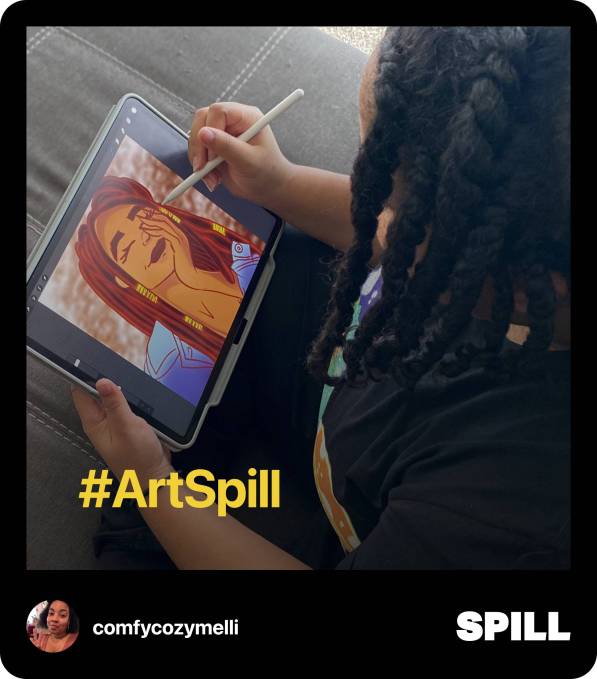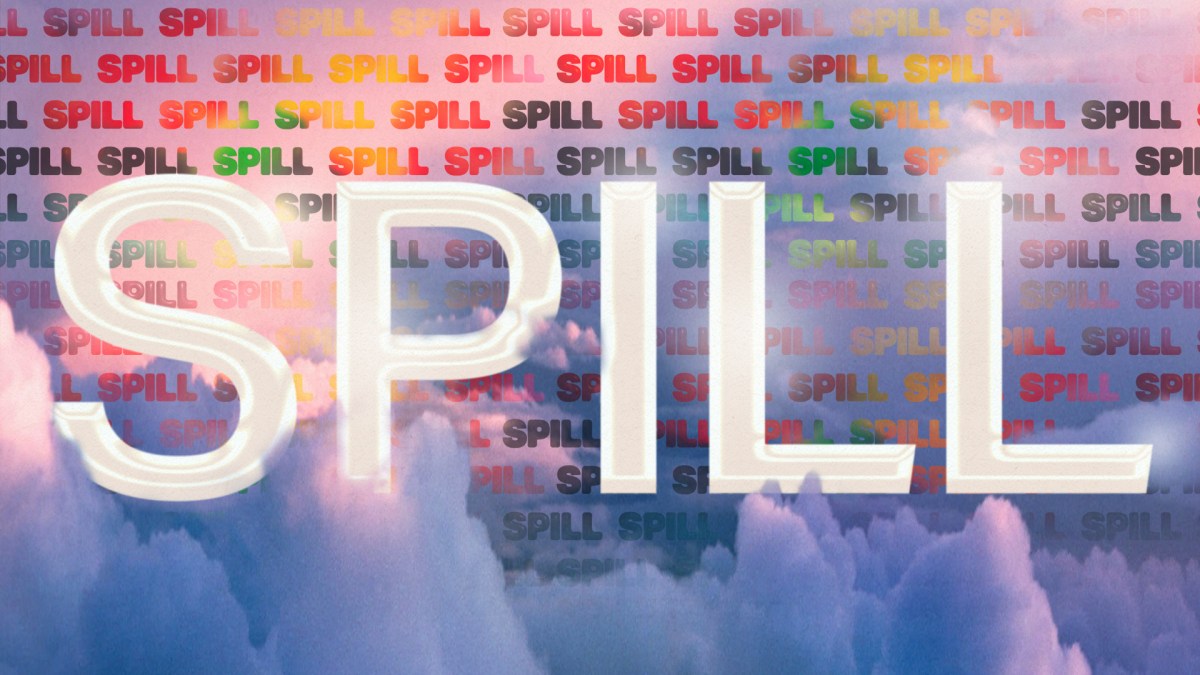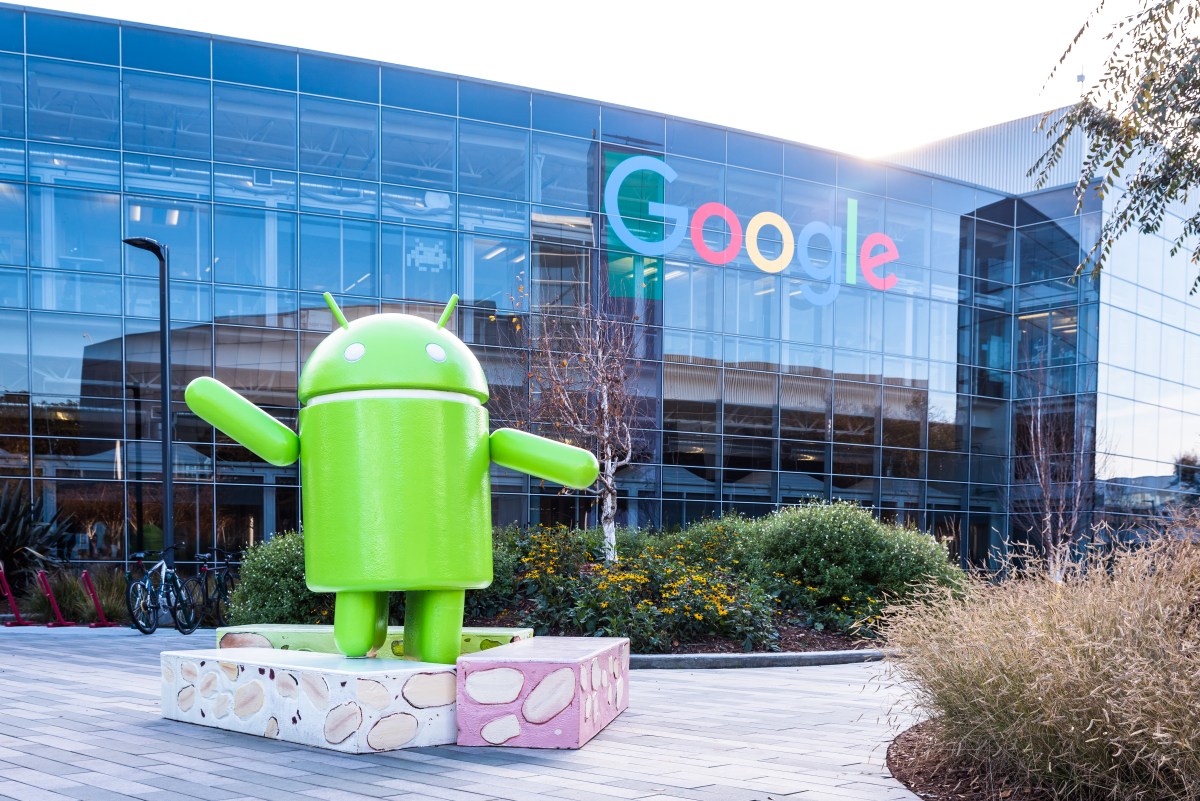Spill is now in open beta on iOS and Android | TechCrunch
It’s been more than a year since Elon Musk purchased Twitter, yet we’re still seeing the reverberations of that deal on other social platforms, including the new ones that have cropped up since. Spill, a platform founded by ex-Twitter employees, is closing out its first year on the market by opening up its beta to all users, whether they’re on iOS or Android.
Spill is like the polar opposite of X, a platform that continues to alienate users with platform policies that make the app actively less inclusive. Spill’s founders — who met while working at Twitter because they realized they were the only two Black people in their employee orientation — are building a platform that prizes diversity from the get-go.
“On every other platform, culture drivers — Black and brown folks, marginalized folks, queer folks — have had to kind of elbow to create space,” said Kenya Parham, Spill’s VP of community and partnerships, in a past conversation with TechCrunch. “We’re starting off with them at the front of the line, and we think that’s going to create a really healthy ecosystem.”

Image Credits: Spill
The app looks like a cross between Twitter and Tumblr — it’s a microblogging platform where you follow people and scroll through your feed, but it’s more multimedia-driven. At AfroTech last month, Spill unveiled its “Tea Party” feature, which allows for users to have live conversations via audio or video; the first Tea Party was hosted by actress Kerry Washington, in which she opened up about her new memoir.
Around his one-year anniversary of being laid off from Twitter, Spill CEO Alphonzo Terrell told TechCrunch that the app has amassed around 200,000 users. Spill has raised a total of $5 million in pre-seed funding so far, including a recent $2 million extension led by Collide Capital.
Spill may not be growing as quickly as other Twitter competitors like Bluesky, Mastodon or Threads, but Terrell isn’t worried.
“People are looking for something new,” Terrell told TechCrunch last month. “I think things that have really defined, unique value propositions are going to win over the long term — it might not be like there’s one winner-take-all.”




